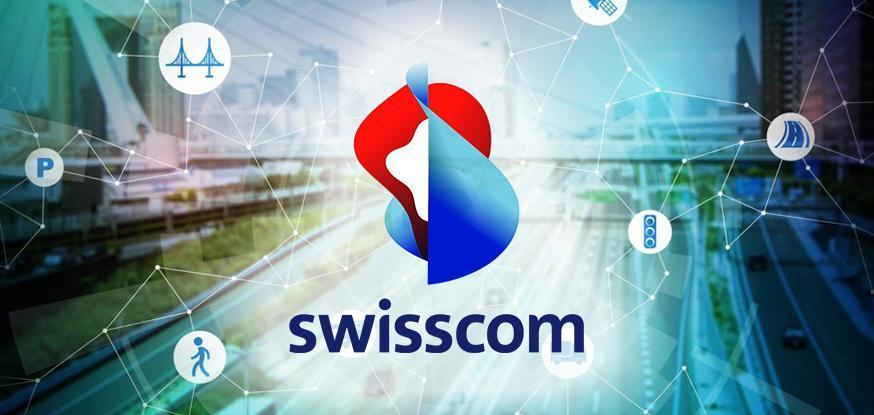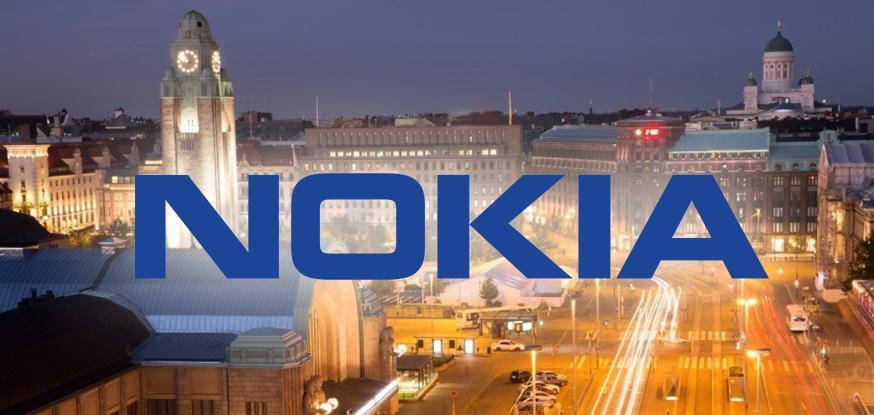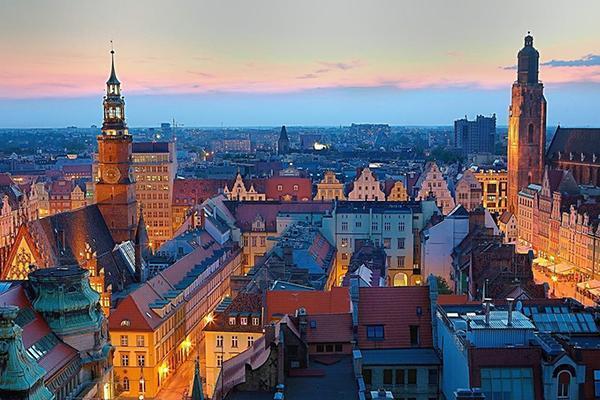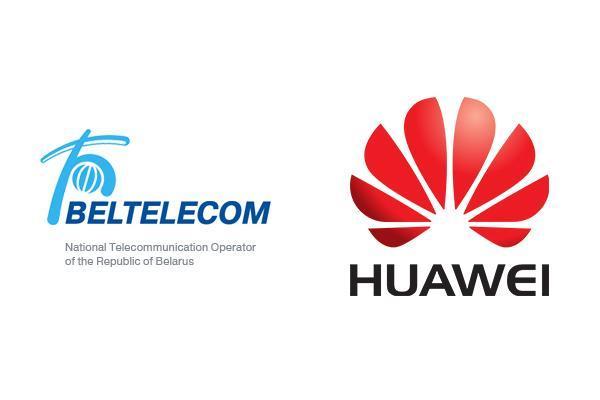Telefónica doubles use of renewable electricity
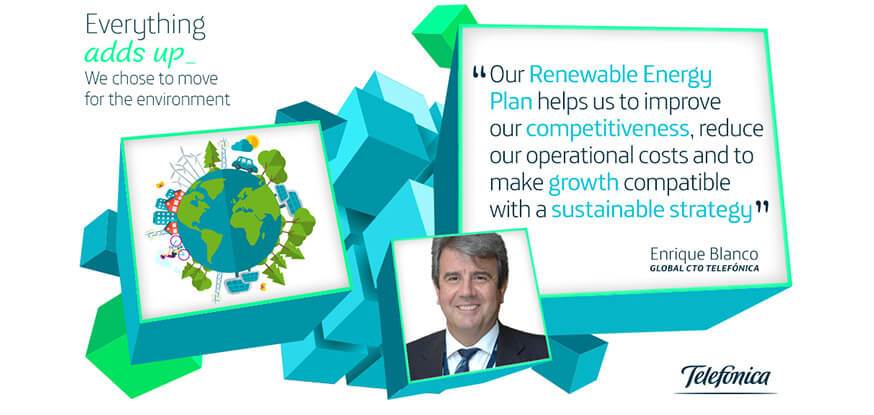
44% of Telefónica's electricity consumption is already renewable, which is equivalent to the average annual consumption of 203,749 households. This means that the company has doubled its use of renewable electric energy from 21% one year ago. Telefónica is accelerating the fulfillment of its goals to help support the Paris Agreement: to reach 50% renewable energy by 2020 and 100% by 2030, combined with a reduction in energy consumption.
